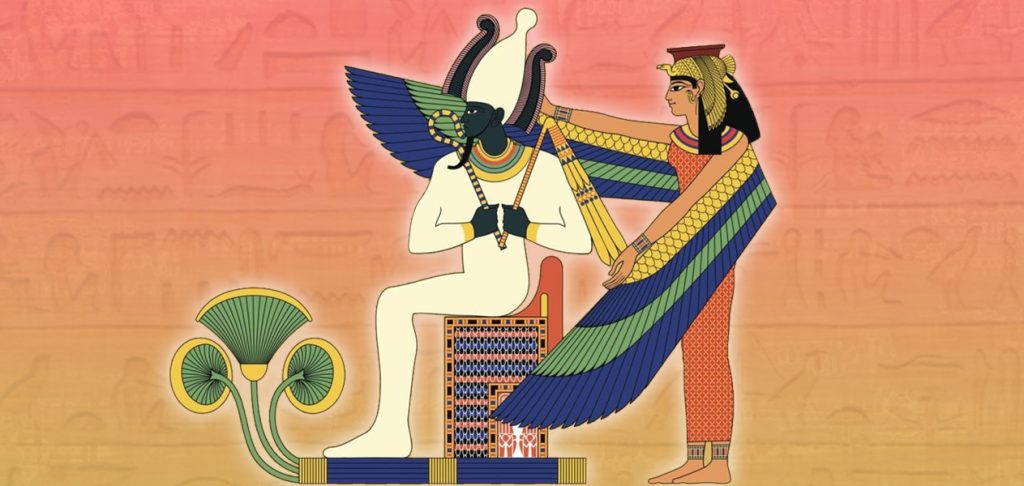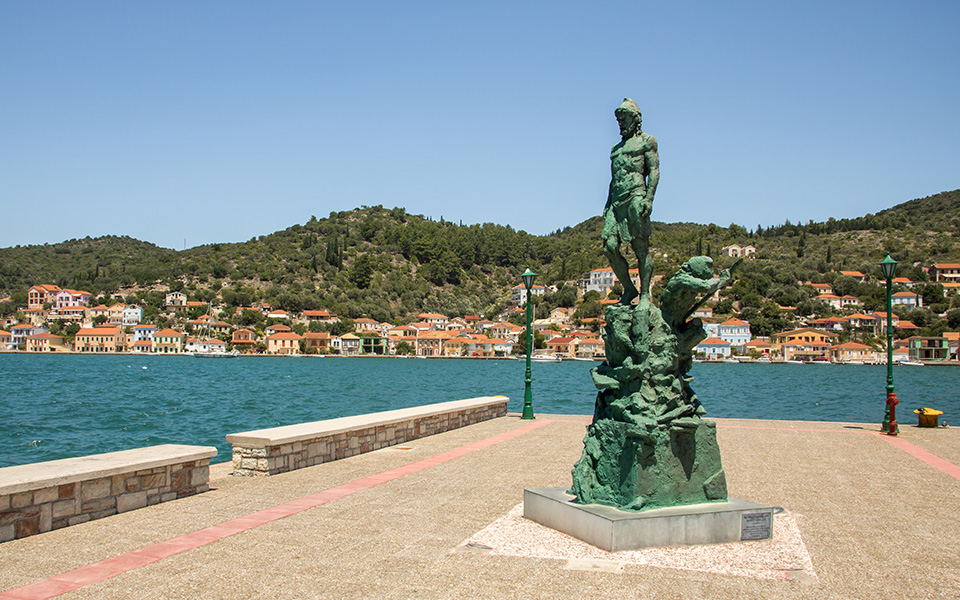For centuries, scholars have wrestled with a fundamental question about Thucydides’ History of the Peloponnesian War: are the powerful speeches embedded within its narrative genuine reflections of what was said, or are they largely the creations of Thucydides himself? This debate is not merely an academic squabble; it strikes at the heart of how we interpret Thucydides, his intentions, and the very nature of his historical project. Understanding whether these speeches are authentic or invented is crucial to grasping Thucydides’ insights into human nature, politics, and the devastating conflict he meticulously documented.
Despite the enduring nature of this scholarly controversy, many modern analyses of Thucydides, remarkably, sidestep a rigorous engagement with the question of speech authenticity. Some scholars casually assume invention, while others avoid taking a firm stance altogether. This reluctance to confront the issue head-on is a significant oversight, as our understanding of Thucydides’ work hinges on resolving this very debate. This post will delve into the arguments surrounding the authenticity of Thucydides’ speeches, re-examining his own pronouncements on his method and analyzing the compelling case for why we should take him at his word – that he strived to capture the essence of what was actually argued in these pivotal moments of history.
Thucydides’ Method: I.22 Under Scrutiny
The cornerstone of this debate lies in a crucial passage in Book I, chapter 22 of Thucydides’ History. Here, Thucydides directly addresses his approach to recording speeches, stating: “It was difficult to recall with strict accuracy the words actually spoken – whether speeches I had heard myself or had reports of. So my practice has been to make the speakers say what was in my opinion demanded of them by the situation, while keeping as close as possible to the general sense of what they really said.”
This statement, seemingly straightforward, has become a battleground for interpretation. The first part acknowledges the inherent limitations of memory and second-hand accounts. However, the second part is where the controversy erupts. How should we understand Thucydides’ claim to make speakers say “what was in my opinion demanded of them by the situation” while remaining “as close as possible to the general sense of what they really said?”
Those who advocate for a “loose construction” of Thucydides’ words emphasize the phrase “what was in my opinion demanded of them by the situation.” They argue this gives Thucydides considerable license to invent arguments and even entire speeches, using historical figures as mouthpieces for his own ideas. This interpretation often downplays or dismisses the subsequent clause about adhering to the “general sense of what they really said.”
However, as scholars like A.W. Gomme have forcefully argued, this approach fundamentally misreads Thucydides. To suggest that the clause about sticking to the “general sense” is merely secondary or limiting, as some have claimed, is to ignore its inherent weight. A limiting clause limits, and we cannot simply wish away its significance. It is not a matter of weighing one clause against another; it is about whether we believe Thucydides meant what he said. To disregard the participial clause is to grant ourselves an interpretive license that Thucydides himself never offered.
Challenging the “Loose Construction” of Speeches
One prominent proponent of the “loose construction” is Eduard Schwartz, who controversially argued that the phrase “general sense” (ἡ ξύμπασα γνώμη) should not be understood as “the general sense” (der Gesamtsinn) of the speech, but rather as “the general intention” (die Willensrichtung im ganzen) or “the practical purpose of the speech” (der praktische Zweck der Rede). Furthermore, Schwartz contended that “the words actually spoken” (τὰ ἀληθῶς λεχθέντα) did not refer to the authentic wording, but merely acknowledged that speakers did indeed rise to speak on the occasions Thucydides describes.
Schwartz even went so far as to claim that the Athenian speech at Sparta in Book I, where Athenian envoys defend their empire, was “a fiction,” despite Thucydides’ explicit presentation of it as a real event. This interpretation, as Gomme aptly summarizes with biting sarcasm, implies that when Thucydides says Athenian delegates addressed the Spartan assembly, he “is saying quite plainly that there were no Athenians there and that no Athenian speech was made.”
This extreme interpretation effectively strips Thucydides’ statement of any meaningful commitment to accuracy. It twists “general sense” into something nebulous and subjective, and reduces “words actually spoken” to a mere formality. It allows for wholesale invention while paying lip service to Thucydides’ own methodological declaration.
A more reasonable reading of I.22 acknowledges the limitations of historical reporting in the pre-recording era. Thucydides, lacking transcripts or recordings, relied on memory and the accounts of others. His statement likely refers to the form rather than the verbatim content of the speeches. He aimed to reconstruct the arguments, the core ideas, and the intended impact of the speeches, perhaps filling in gaps or elaborating on points based on his understanding of the speakers, the situation, and the prevailing political context. This interpretation allows for Thucydides’ acknowledged role in shaping the speeches (“what was in my opinion demanded of them by the situation”) without sacrificing his commitment to capturing the “general sense of what they really said.”
The Myth of Compositional Layers
Faced with the undeniable force of Thucydides’ words in I.22, some scholars, while acknowledging his stated intention, have resorted to the theory of “compositional layers” within the History. This theory posits that Thucydides’ approach to speeches evolved over time. Max Pohlenz, for example, suggested that Thucydides initially attempted to adhere to the principles of I.22, staying close to actual speeches, but later deviated from this practice, becoming freer with invention.
Following this line of thought, some argue that passages exhibiting greater “artistry” or stylistic polish, particularly in later books, are more likely to represent Thucydides’ own creations, while earlier books might reflect a more faithful adherence to actual speeches. This approach, however, is fraught with methodological problems.
The determination of whether a passage is “early” or “late” is often entirely subjective, based on stylistic or thematic interpretations that are themselves open to debate. Using one enigma (compositional layers) to solve another (speech authenticity) is inherently problematic. Furthermore, Book I, which contains I.22, is widely considered to be among the most polished and “late” books in the History, making it an unlikely candidate to represent an “early,” less developed approach to speech-writing.
More importantly, this theory undermines Thucydides’ credibility. He explicitly states his method in I.22, a statement that applies to the entire History. To suggest he later abandoned this method without informing his readers is to accuse him of deception. Thucydides, who criticizes his predecessors for inaccuracy and boasts of excluding myth and fable from his own work, would be fundamentally undermining his own project if he presented invented speeches alongside, or instead of, real ones, without any indication of this shift in practice. It strains credulity to imagine Thucydides formulating I.22 as a provisional statement he intended to revise but never got around to.
The Plausibility of Thucydides’ Speeches
Ultimately, the most compelling argument against wholesale invention lies in the speeches themselves. Despite skepticism from some quarters, no scholar has convincingly demonstrated that any speech in Thucydides’ History is demonstrably impossible or implausible within its historical context. Criticisms often stem from subjective judgments about what a speaker “would have” or “should have” said, or from modern preconceptions about rhetoric and political discourse in ancient Athens.
When we examine the speeches in detail, they consistently reflect the known political realities, strategic dilemmas, and ideological currents of the Peloponnesian War era. The arguments presented are often nuanced, sophisticated, and deeply embedded in the specific circumstances of each occasion. To dismiss them as mere Thucydidean inventions is to underestimate the intellectual capacity of the historical actors and to diminish the value of Thucydides’ work as a source for understanding their perspectives.
Even the Melian Dialogue, frequently cited as the most overtly “Thucydidean” and therefore potentially invented speech, has been defended as authentically reflecting the brutal realities of power politics and the stark choices facing the Melians. The dialogue, while undoubtedly stylized, captures the essence of the Athenian imperial mindset and the desperate predicament of a small, neutral island facing overwhelming force.
[block id=”related”]
Artistry in Selection, Not Invention
The power and impact of Thucydides’ speeches undoubtedly contribute to the artistic unity and intellectual depth of his History. They are strategically placed, often presenting contrasting viewpoints and illuminating key turning points in the war. They reveal the characters of prominent figures, expose the underlying tensions of Athenian society, and explore timeless questions about justice, power, and human nature.
However, this artistic integration does not necessitate invention. Thucydides’ artistry lies not in fabricating speeches ex nihilo, but in the selection and presentation of real speeches. He did not record every speech delivered during the war; his History is a carefully curated narrative, focusing on events and speeches he deemed most significant for understanding the causes, course, and consequences of the Peloponnesian War.
Thucydides’ genius lies in his ability to identify and highlight speeches that encapsulate broader trends, reveal crucial decision-making processes, and articulate enduring political and moral dilemmas. He chose to report certain speeches extenso, while paraphrasing or omitting others, based on his overarching purpose of portraying “that truth about human affairs which was the main goal of his work.” His artistry is one of rigorous selection, not of imaginative fabrication.
The Mytilene Debate: A Test Case for Authenticity
The debate in the Athenian assembly regarding the fate of Mytilene, following its revolt in 427 BC, provides a compelling test case for understanding Thucydides’ speech-writing method. The speeches of Cleon and Diodotus, representing starkly contrasting viewpoints on how to deal with the rebellious Mytilenaeans, are often cited as examples of Thucydidean invention, designed to illustrate abstract principles of imperial policy.
However, a close examination of the historical context and the arguments presented in these speeches reveals their profound plausibility and their rootedness in the specific realities of Athenian imperial governance in the fourth year of the Peloponnesian War.
Cleon, advocating for the brutal punishment of all adult male Mytilenaeans, argues from a position of anger and fear. He emphasizes the unprovoked nature of the revolt, the ingratitude of the Mytilenaeans despite their privileged status, and the need for a harsh deterrent to prevent future rebellions. His speech, while rhetorically forceful, is also characterized by a certain crudeness and a distrust of intellectualism and pity.
Diodotus, in contrast, argues against the indiscriminate slaughter, advocating for a more pragmatic and ultimately more effective approach to imperial control. He emphasizes the limitations of deterrence through terror, arguing that harsh punishment can 오히려 incentivize desperate resistance and undermine long-term Athenian interests. He appeals to Athenian self-interest, suggesting that moderation and the possibility of future reconciliation are more conducive to maintaining a stable and profitable empire.
The arguments presented by both Cleon and Diodotus are not abstract philosophical musings, but rather deeply practical considerations directly relevant to the challenges of managing a sprawling empire during wartime. Cleon’s hardline approach reflects a desire for decisive action and a fear of weakness, while Diodotus’ more nuanced argument embodies a more calculated and long-term perspective.
Furthermore, the very fact that the Athenian assembly reconvened to reconsider its initial decision to massacre the Mytilenaeans, and that Diodotus’ more moderate proposal narrowly prevailed, speaks to the dynamism and intellectual complexity of Athenian political discourse. It is precisely this kind of robust debate, grappling with difficult moral and practical choices, that Thucydides masterfully captures in the Mytilene episode.
To dismiss the speeches of Cleon and Diodotus as mere Thucydidean inventions is to ignore their historical specificity, their internal coherence, and their resonance with the known political and intellectual climate of 5th-century Athens. Instead, we should recognize them as powerful, albeit compressed and stylized, reflections of arguments that were genuinely advanced in this crucial moment of Athenian history.
Reclaiming Thucydides’ Authenticity
In conclusion, the weight of evidence and reasoned interpretation strongly favors the view that Thucydides strived for authenticity in his presentation of speeches. While acknowledging the limitations of memory and reporting, we should take him at his word when he claims to have kept “as close as possible to the general sense of what they really said.” The alternative – to assume widespread invention – is not only unsupported by textual or historical evidence but also undermines the very credibility of Thucydides’ History.
By accepting the essential authenticity of the speeches, we gain a richer and more nuanced understanding of Thucydides’ work. We can appreciate his artistry not as fabrication, but as a masterful act of selection and presentation, highlighting the most significant voices and arguments of his time. We can engage with the speeches as valuable historical sources, offering insights into the minds of the actors, the complexities of the Peloponnesian War, and the enduring dilemmas of power, politics, and human nature that Thucydides so brilliantly illuminated. Unmasking Thucydides’ voice, we find not a ventriloquist of his own ideas, but a historian deeply committed to capturing the multifaceted and often contradictory voices of the past.









































